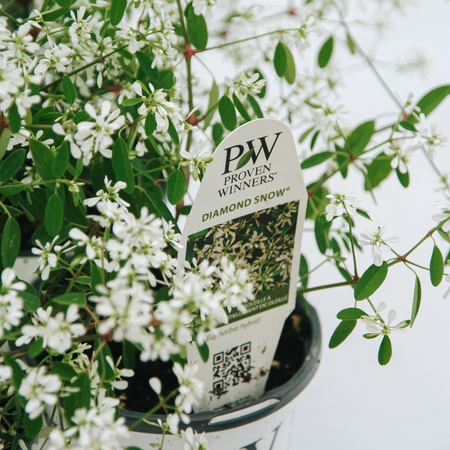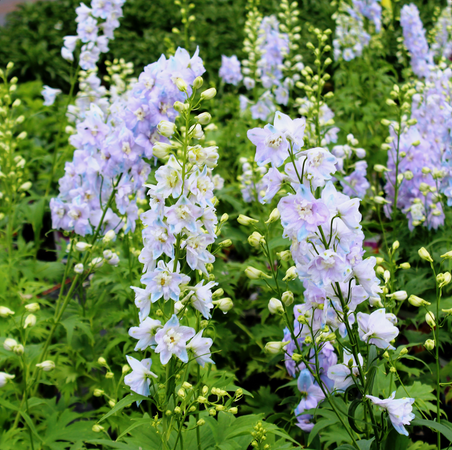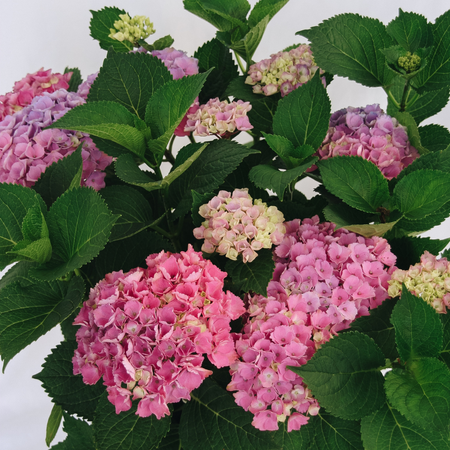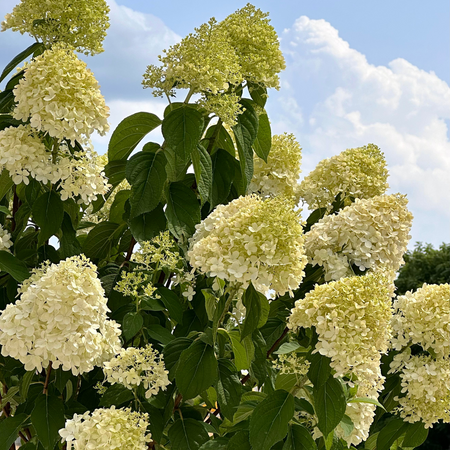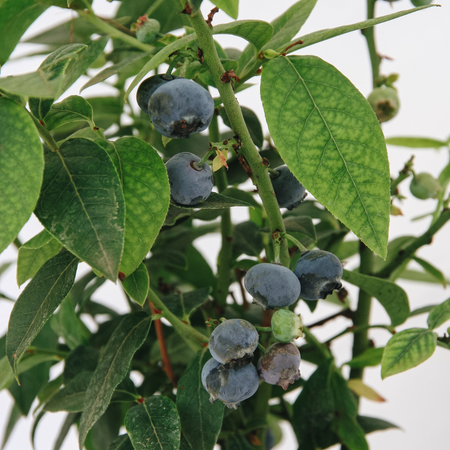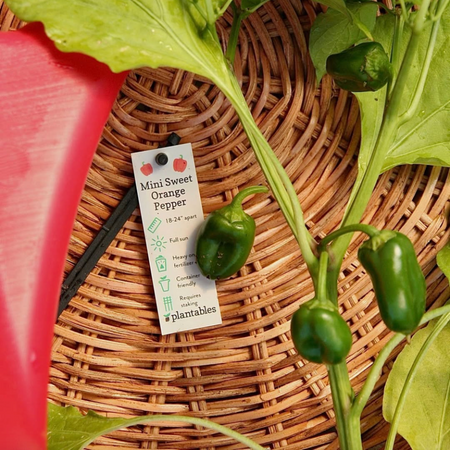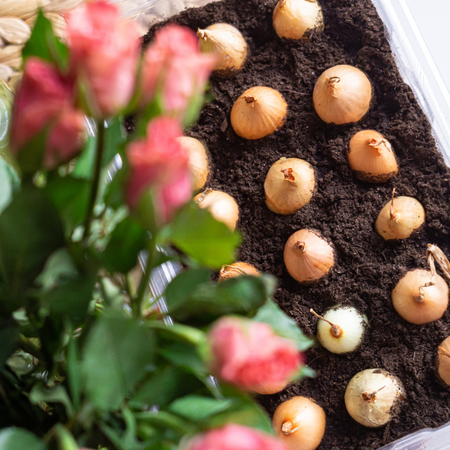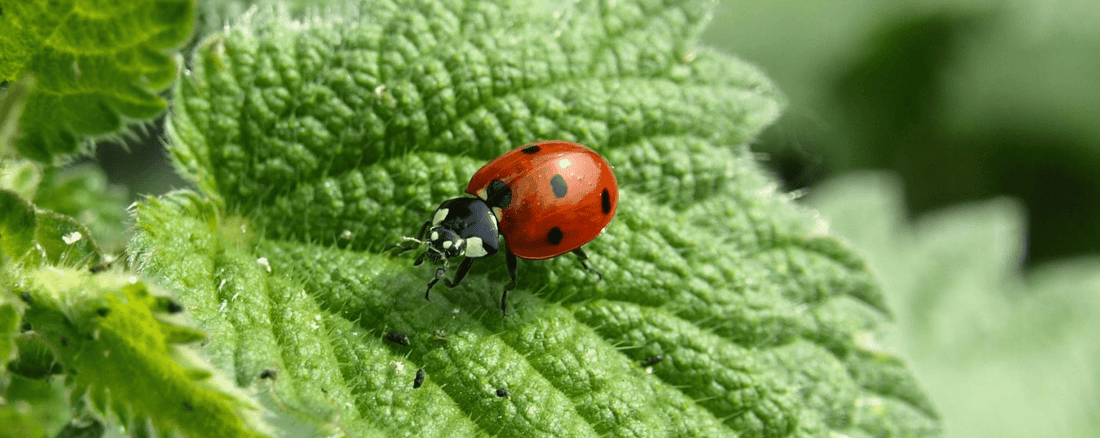Gardening can be a rewarding hobby, but nothing is more frustrating than discovering that pests are damaging your plants. While chemical pesticides may seem like an easy fix, they can harm beneficial insects, your health, and the environment. Instead, try these 8 natural remedies to deter pests effectively and sustainably.
- Companion Planting
Strategically grouping certain plants together can naturally deter pests and promote healthy growth, this is called companion planting. Many plants emit scents or produce chemicals that naturally repel pests. Research which plants are best grown together and which individual plants have specific benefits. For example, when basil is planted near tomatoes, it deters mosquitoes and flies. As another example, lavender can repel moths, fleas, and mosquitoes due to its fragrance.
- Homemade Garlic Spray
Garlic is a natural pest deterrent due to its strong scent and sulphur compounds. This works well to fight against pests like aphids, beetles, and caterpillars. To make this natural spray, blend 10 cloves of garlic with 1 quart of water, strain the mixture and add 1 teaspoon of mild dish soap, then dilute with water and spray directly on plants. For best results, spray after rainfall or every two weeks.
- Neem Oil
Neem oil is a popular and powerful plant-based oil that disrupts the life cycle of pests like aphids, spider mites, and whiteflies. It’s also safe for beneficial insects like bees when applied correctly. Mix 2 teaspoons of neem oil with 1 quart of water and a few drops of dish soap. Spray on plants in the early morning or evening to avoid harming pollinators, and focus the spray on the underside of leaves where pests often hide.
- Coffee Grounds
Used coffee grounds can repel pests like slugs, ants, and even outdoor cats from your garden. Simply sprinkle used coffee grounds around the base of plants and mix into the soil for added nutrients as coffee grounds also benefits the soil by enrichment with nitrogen.
- Soap & Water Spray
A simple but effective solution of soap and water can be highly effective against soft-bodied insects like aphids and whiteflies. Mix 1 tablespoon of mild liquid soap with 1 quart of water and spray directly on affected areas as needed. Use biodegradable, non-toxic soap for a safer and cleaner solution to avoid harming plants and soil life.
- Essential Oils
Popular essential oils like peppermint, tea tree, and eucalyptus are effective against a variety of pests when used the right way. To create your solution, mix 10 drops of your chosen oil with 2 cups of water and 1 teaspoon of dish soap, then spray on plants and garden areas. To be sure that the solution is not damaging to your plants, always test on a small area first before regularly or largely applying.
- Natural Predators
There are many natural predators in a garden that help mitigate and deter pests. You can attract beneficial insects and animals to your garden by growing the right plants. Ladybugs, lacewings, and birds are all strong predators against pests. Planting flowers like daisies and dill attract ladybugs and lacewings, and installing bird feeders or bird baths invite more birds to your outdoor space. Conduct further research on what plants help best against what pests to know how to choose the right plants for your garden.
- Citrus Peels
Citrus peels are well-known deterrents of ants, slugs, and outdoor cats from your garden thanks to the strong scent they exude. Scatter peels around your garden beds or grind peels into a paste and place near pest-prone areas to see best results.
Using natural remedies to deter pests not only protects your plants but also promotes a healthy ecosystem in your garden. Start with one or two methods and adjust based on your garden’s needs. With patience and care, you can enjoy a thriving, pest-free garden the natural way.
